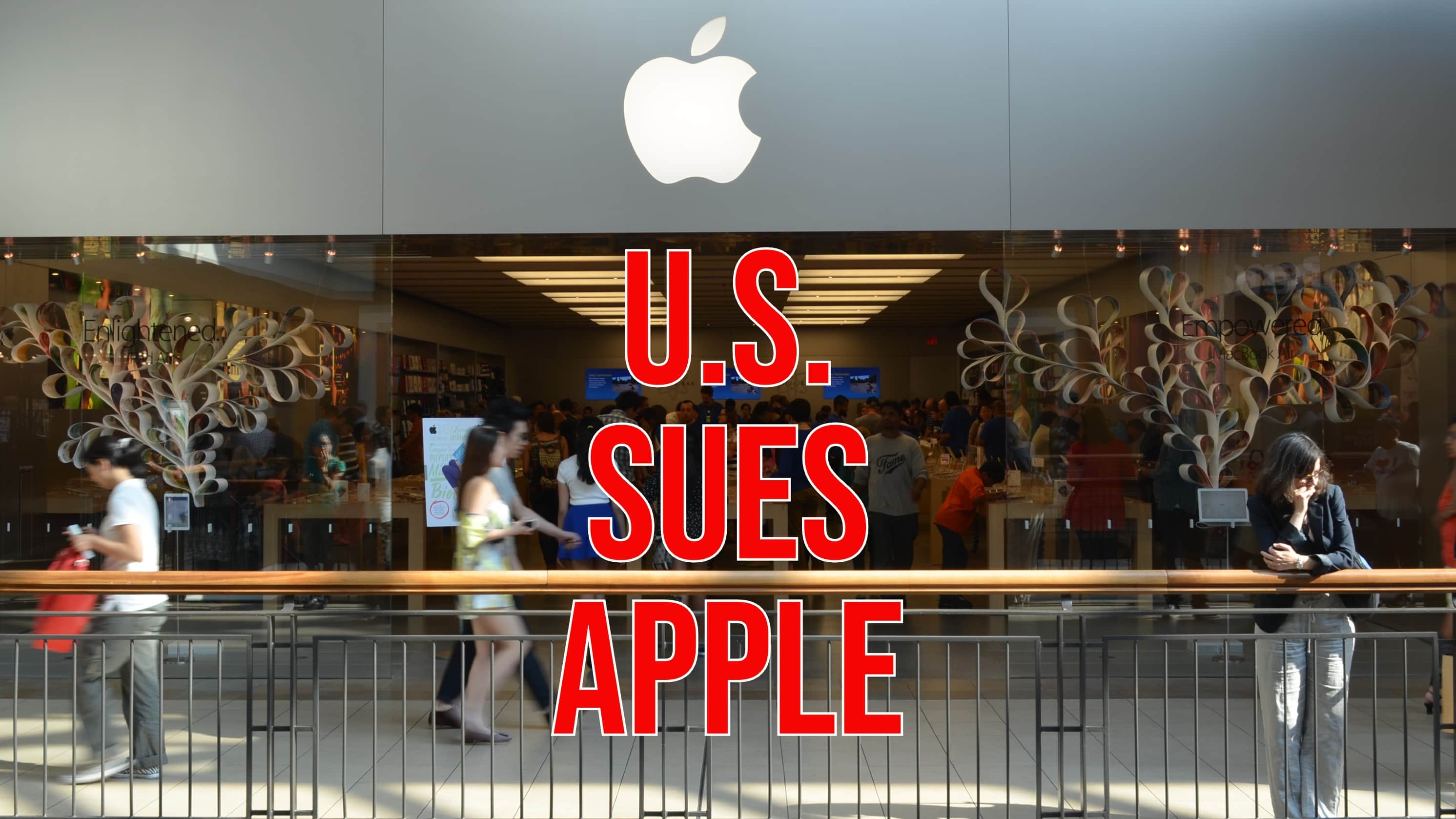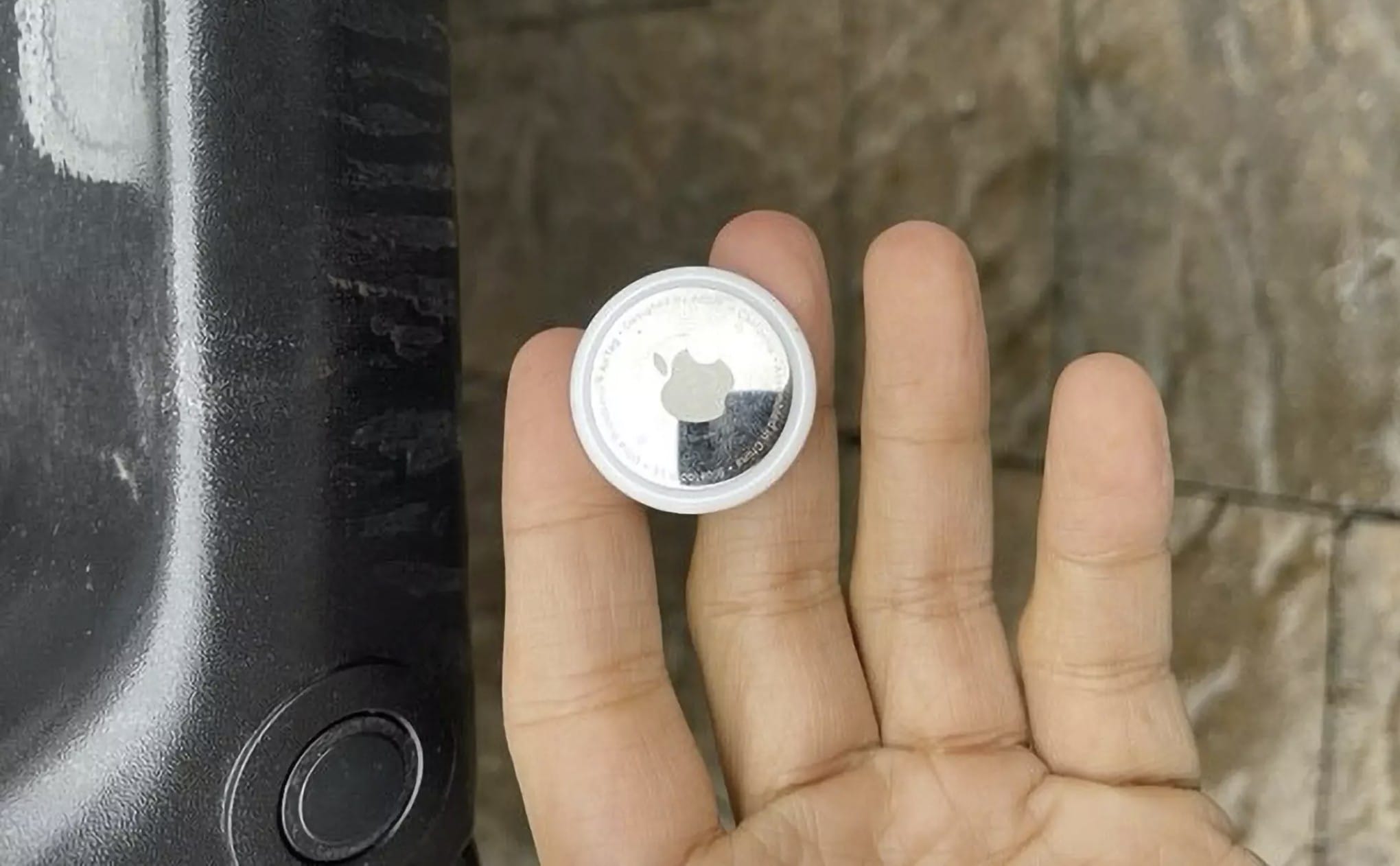Apple agreed to a $95 million settlement in a class action lawsuit alleging privacy violations by its Siri voice assistant, according to a new report. The lawsuit, filed in Oakland, California federal court, claims that Apple’s virtual assistant recorded users’ private conversations without consent and shared this information with advertisers.
So, should a federal judge approve the settlement, millions of Apple device users could see small payouts (most likely less than $20 per device, given the vast number of devices running Siri).
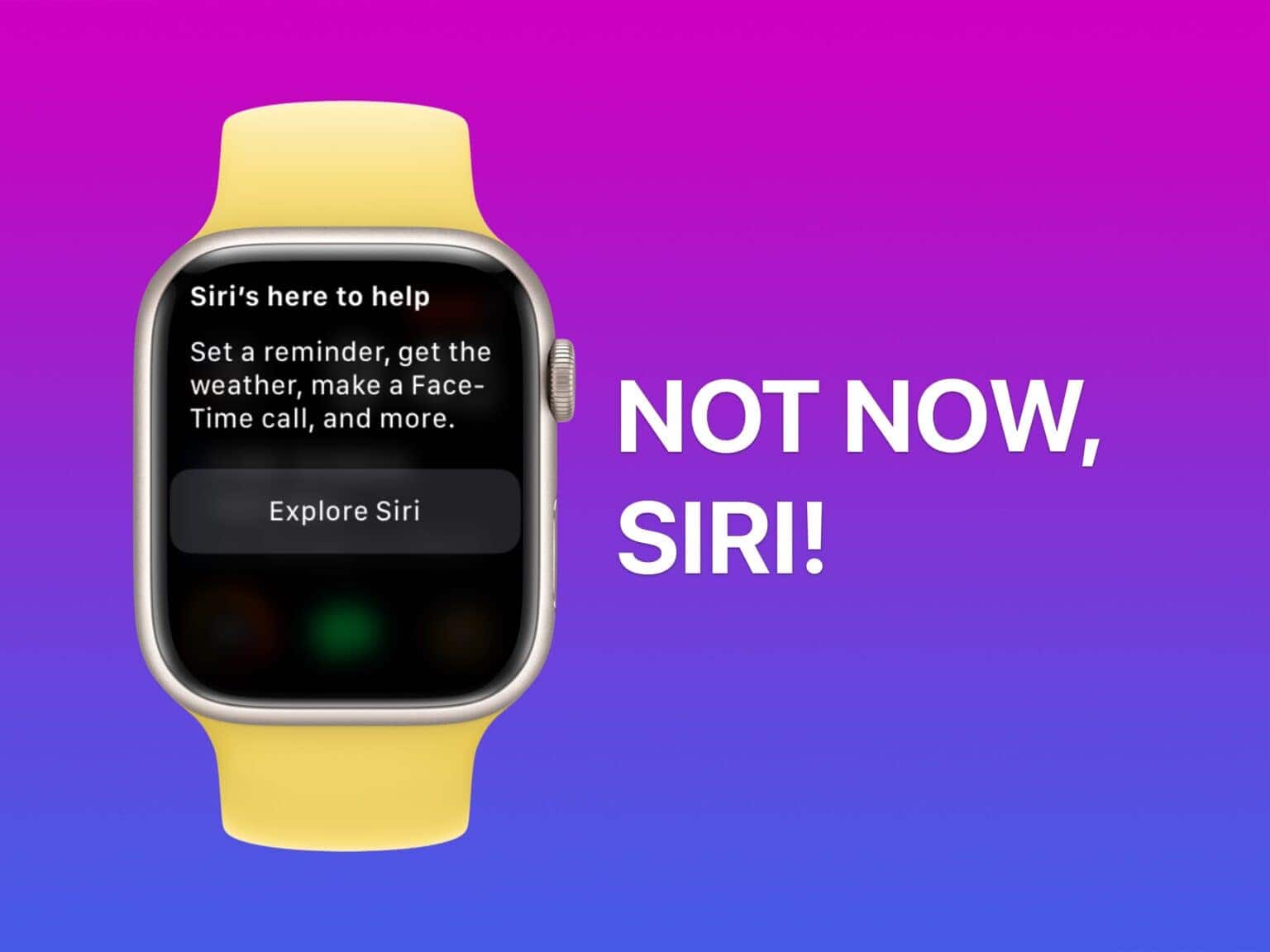


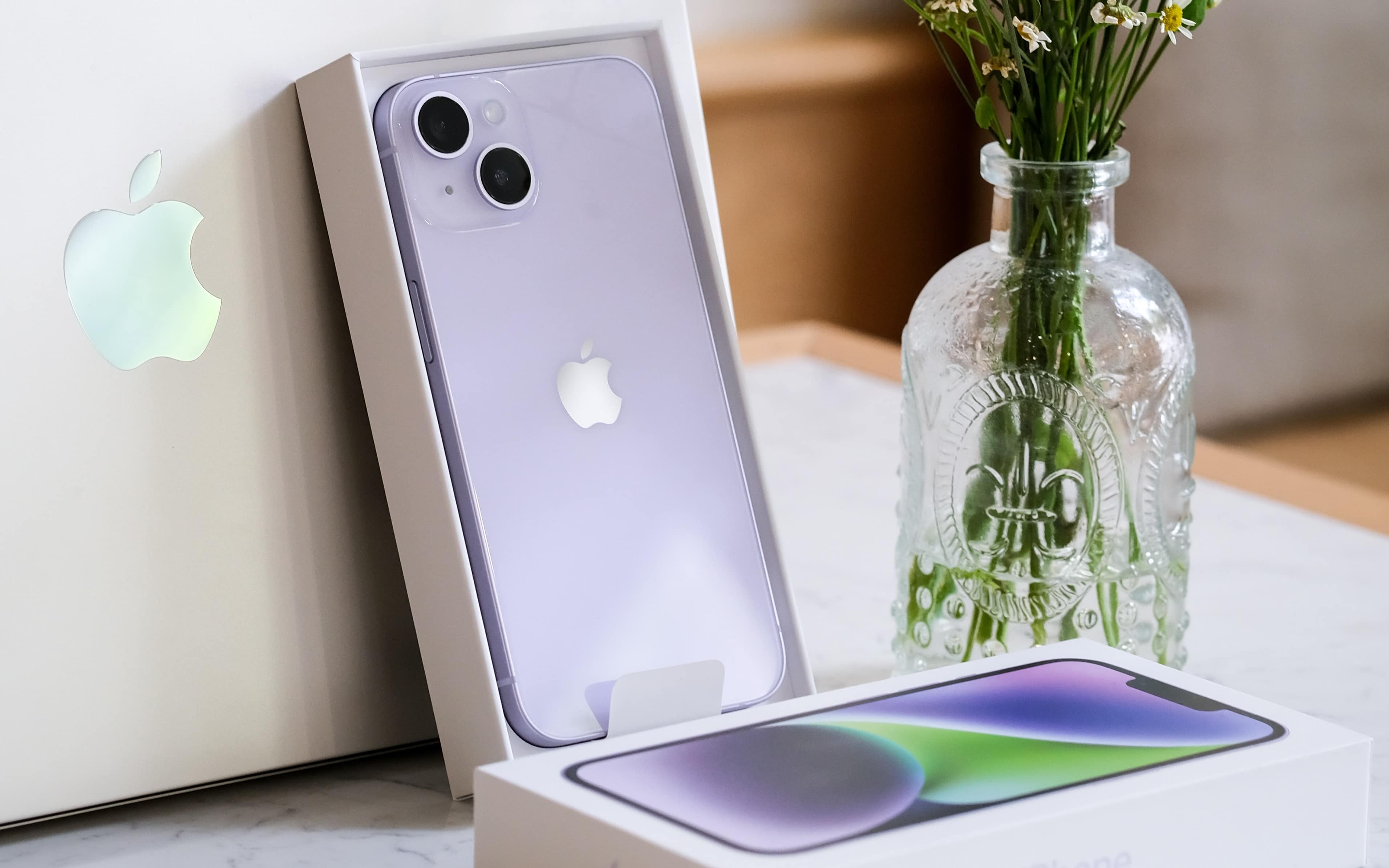
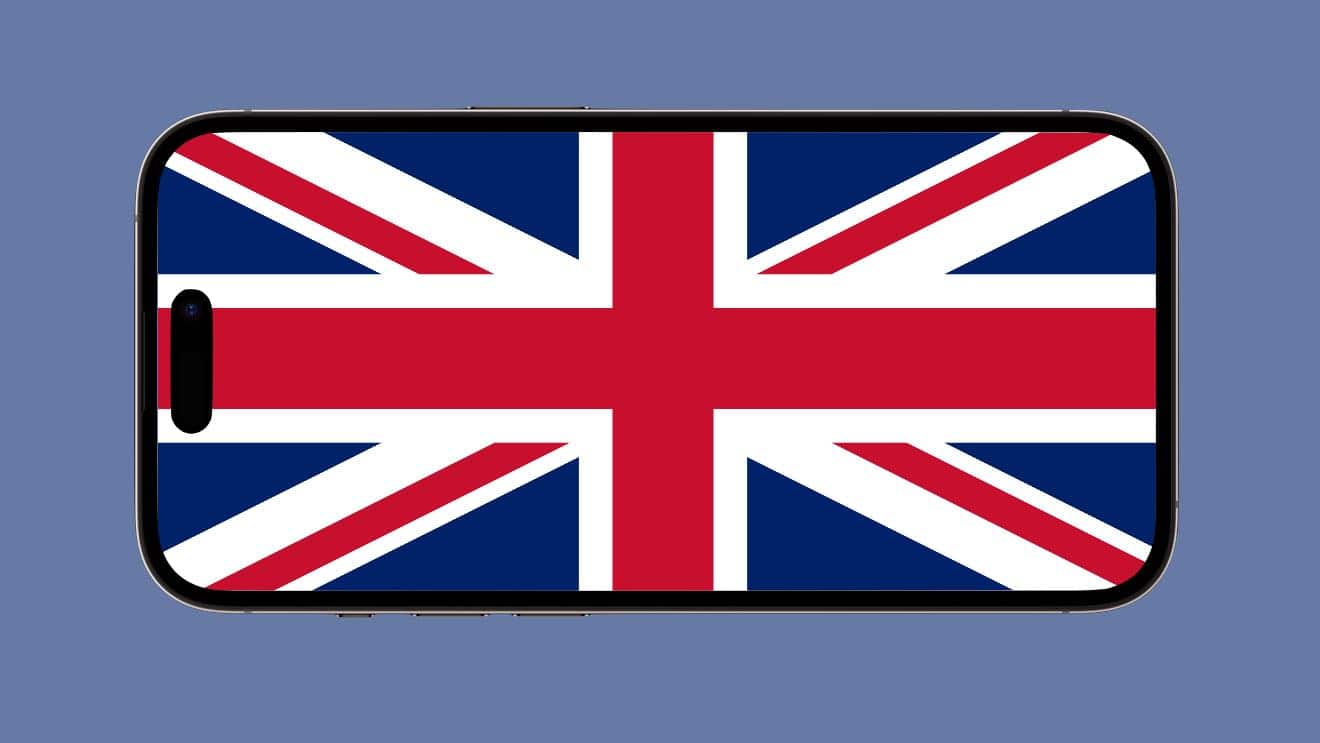

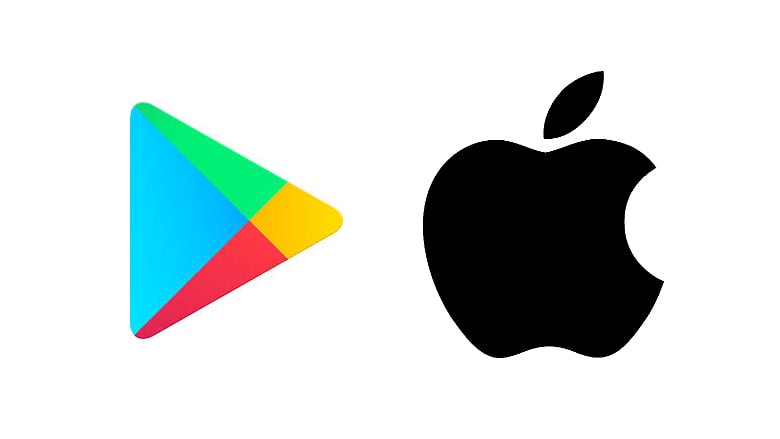
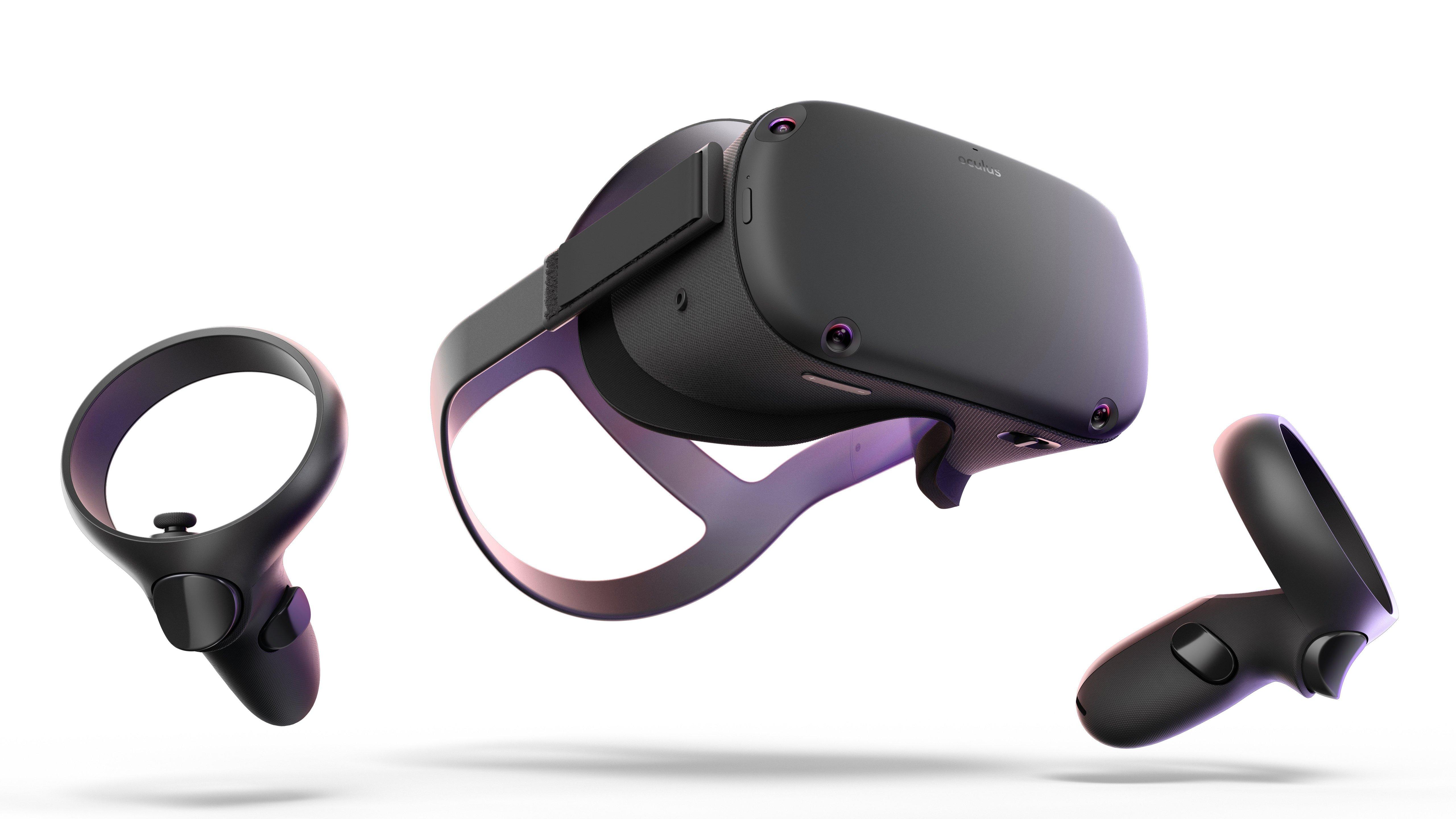
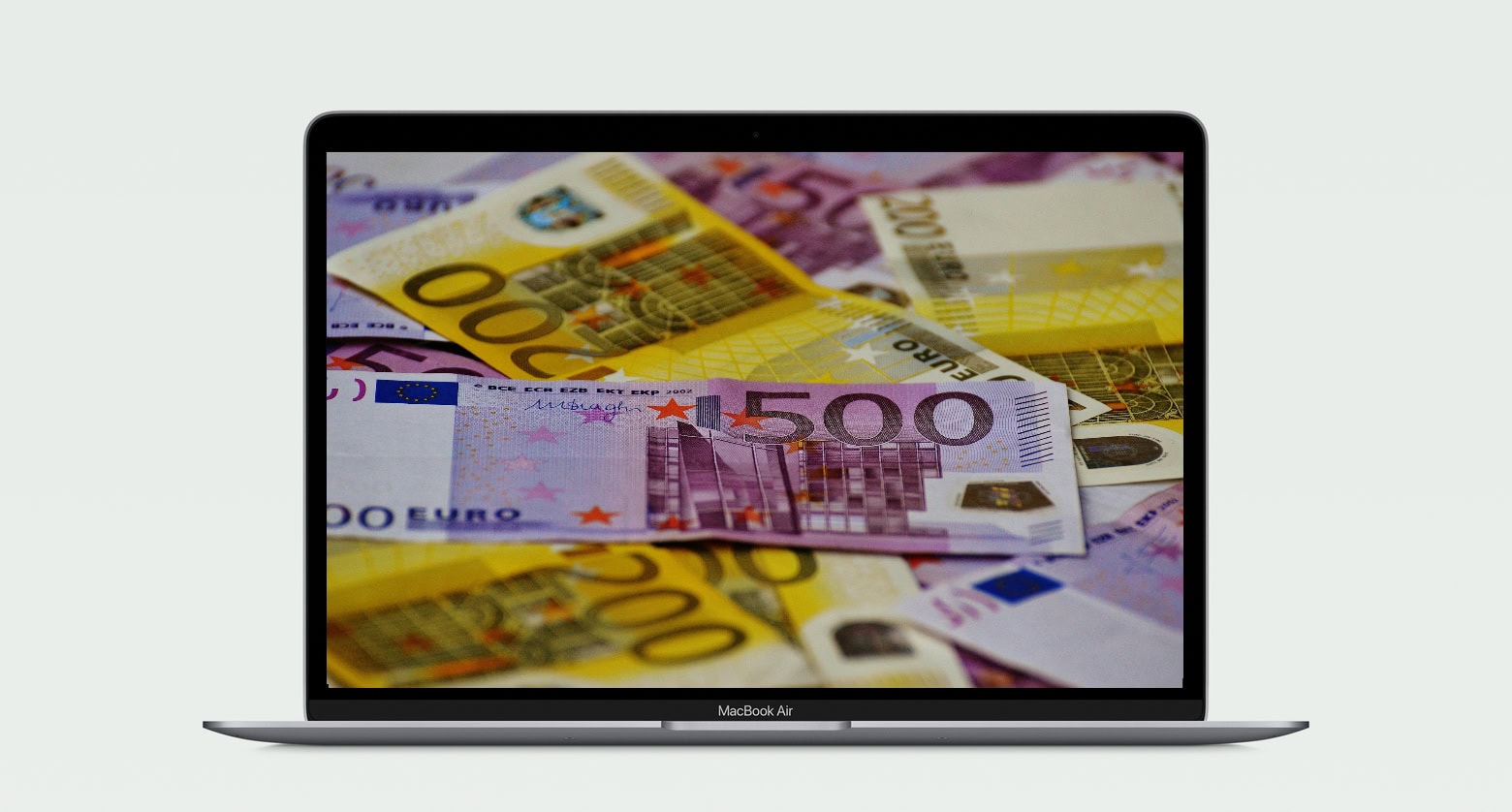


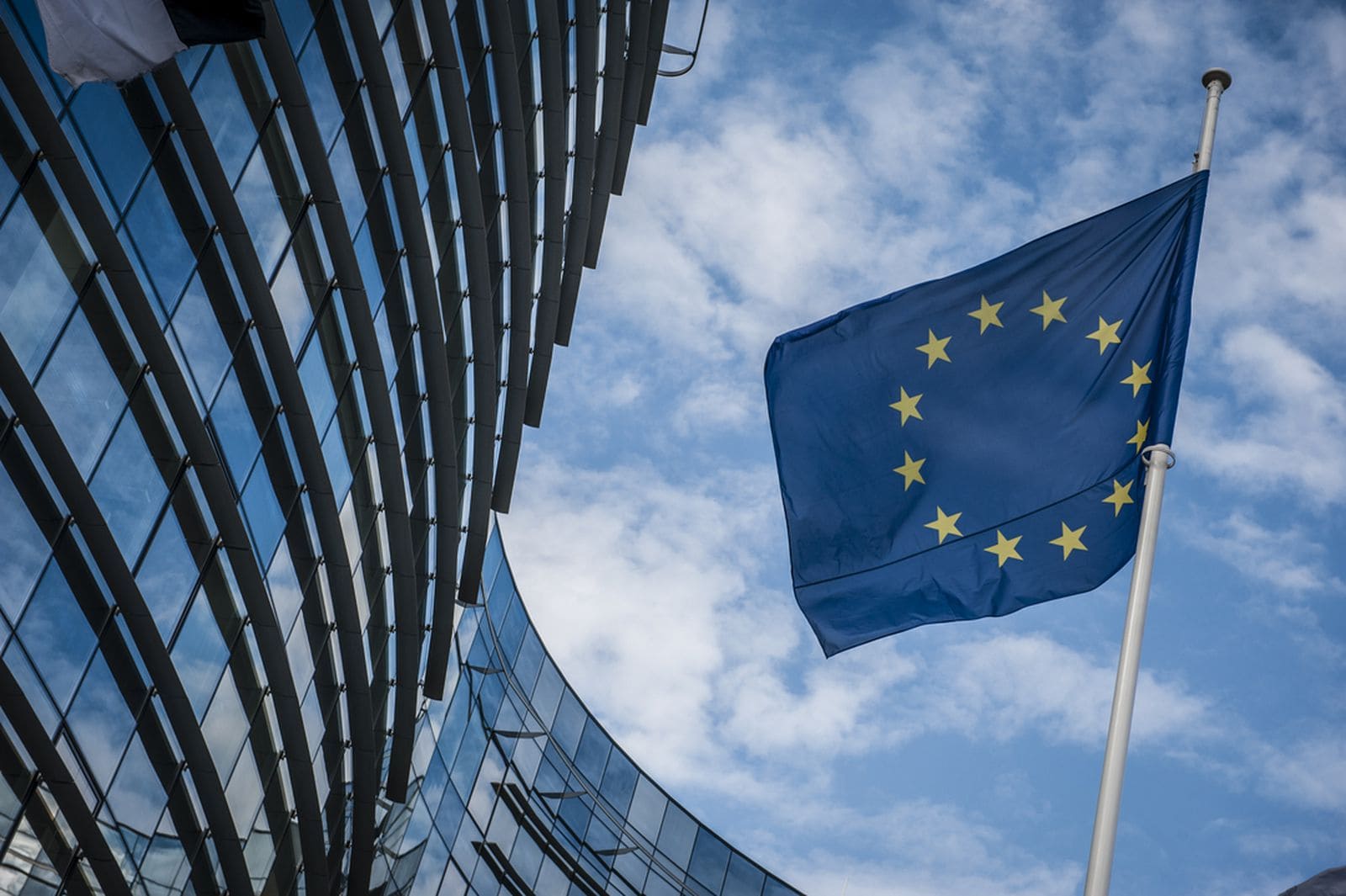
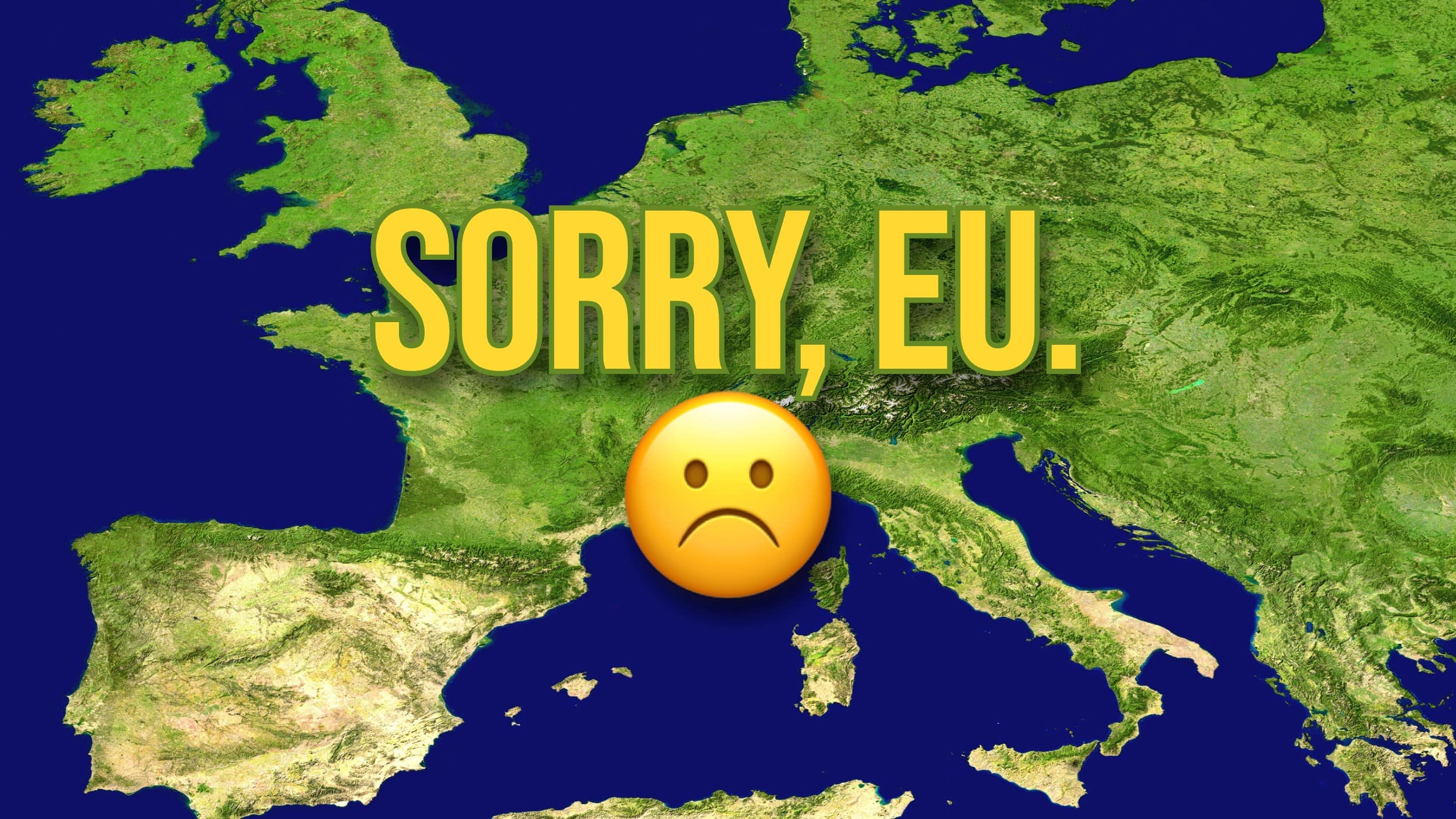

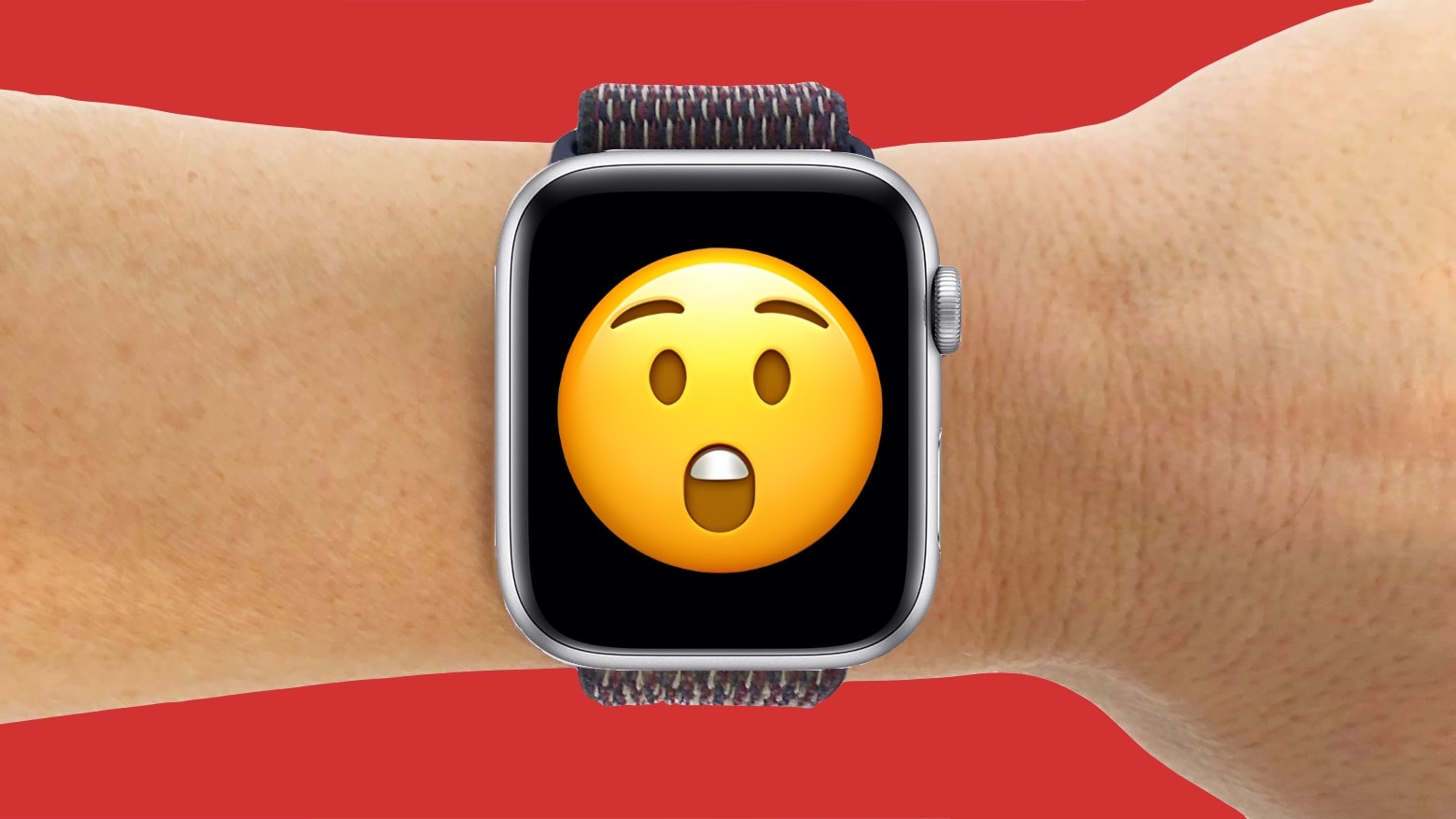
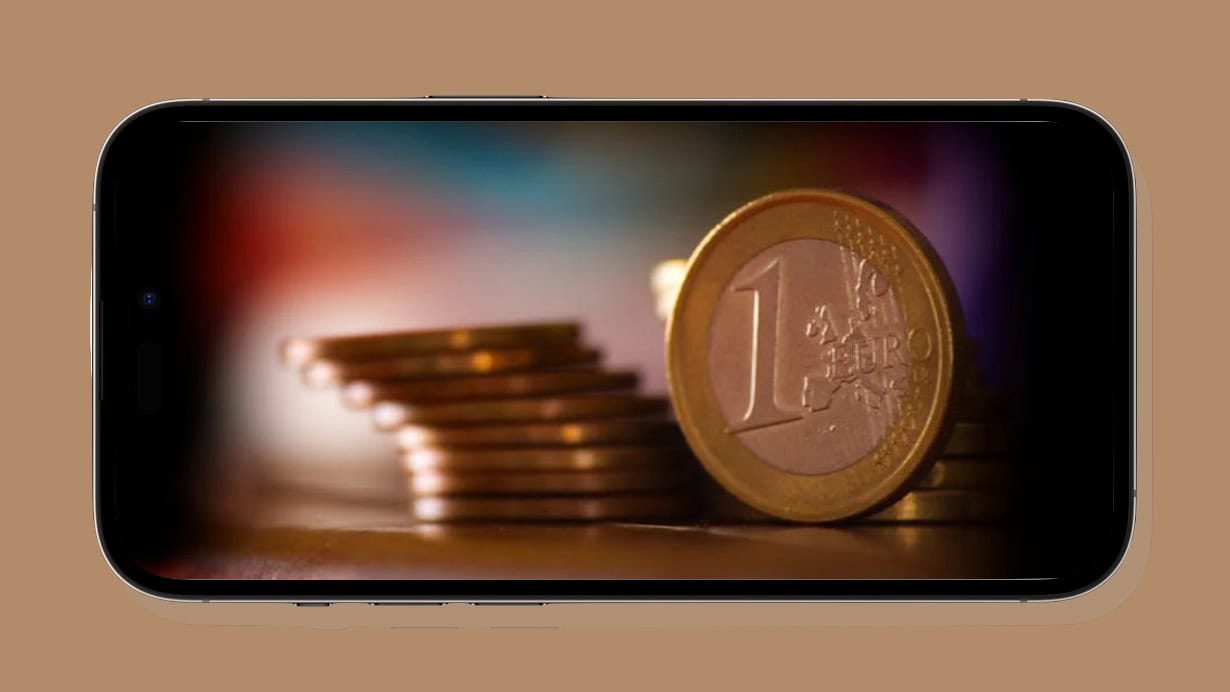

![WWDC24 is the name, and Apple AI is the game! [The CultCast] CultCast episode 640 promo image of sci-fi brain and circuit board and caption,](https://www.cultofmac.com/wp-content/uploads/2024/03/CultCast-episode-640-Apple-AI-at-WWDC24.jpg)


